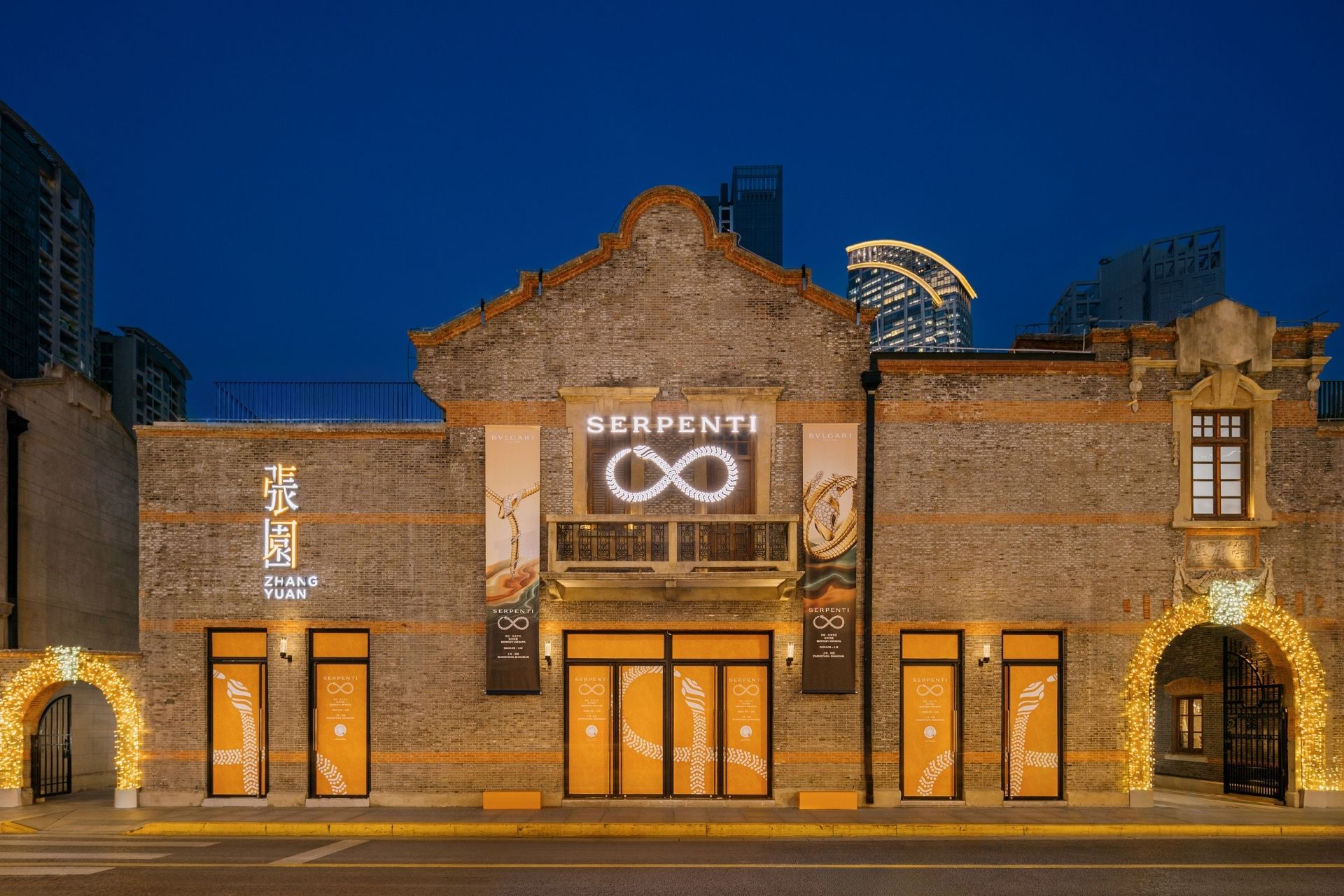The Luxury Institute and Plastic Mobile explain why wealthy U.S. consumers favor and feel more connected to luxury brands offering an app

The Luxury Institute and Plastic Mobile explain why wealthy U.S. consumers favor and feel more connected to luxury brands offering an app
New York City based Luxury Institute, in cooperation with award-winning mobile marketing agency Plastic Mobile, surveyed affluent U.S. consumers about the growing connection between luxury and the emerging mobile market. The results of their research have just been released in the study, “Mobile Apps And Commerce for Luxury Brands.”
“Luxury brands must acknowledge the impact of technology advancements in the mobile space and find a humanistic way to connect and engage with their consumers through mobile,” says Milton Pedraza, CEO of Luxury Institute.
“ Gucci, Louis Vuitton, Saks Fifth Avenue & Gilt Groupe are the most frequently downloaded apps by wealthy consumers ”
Gucci, Louis Vuitton, Saks Fifth Avenue and Gilt Groupe are the most frequently downloaded apps by wealthy consumers who have luxury brand applications on their mobile device. Most affluent smartphone owners who are downloading luxury apps are using them to find information on products, services or brands (56%).
Almost all wealthy consumers who have used luxury brand apps report that they have had a good experience with the mobile apps (93%). In addition, 71% report that they feel better connected to luxury brands after downloading and/or using their applications and 64% view luxury brands that offer a mobile application more favorably than brands that do not.
The survey respondents indicate there are a number of features they expect from luxury brand applications and highlight loyalty programs (46%) and early access to sales (45%) as the most important. In addition, providing sales professionals with a mobile application that can specify details about products (53%), have the ability to check for sizes and availability at other stores (50%) and in-store product inventory (47%) would enrich the luxury shopping experience for affluent consumers.
“ 72% of luxury consumers who choose to shop via mobile report that there is no upper monetary limit to how much they would spend ”
Of the 63% of wealthy consumers who have made a purchase through their mobile device, just under 20% have bought a luxury product or service. While preference for the in-store experience (45%) is why wealthy smartphone users have not yet fully embraced luxury mobile commerce, the majority of luxury consumers who choose to shop via mobile report that there is no upper monetary limit to how much they would spend (72%). This indicates a tremendous emerging opportunity for luxury brands to connect with consumers through mobile.
“Mobile has been receiving a lot attention in the retail space lately. The study suggests the mobile strategy for luxury brands must be about enhancing the in-store customer experience and using the platform to help strengthen customer relationships,” says Melody Adhami, President and COO of Plastic Mobile.
To further investigate Mobile and Digital Communications on Luxury Society, we invite your to explore the related materials as follows:
– An interview with Jerome Allien, founder of Boom Mobile
– How To Customise Social Media Strategy for Europe
– What Pinterest Means For Luxury Brands







